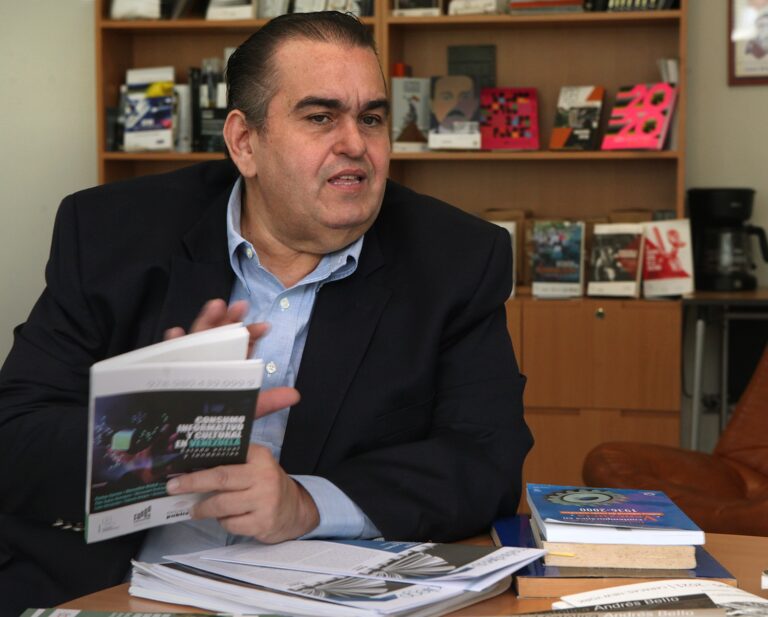(IAPA/IFEX) – The following is a 12 May 2004 IAPA press release: IAPA concerned at free speech curtailment in Brazil and Venezuela MIAMI, Florida (May 12, 2004)-The Inter American Press Association (IAPA) said today it is concerned at setbacks to freedom of expression in Brazil, where the government revoked the visa of an American correspondent, […]
(IAPA/IFEX) – The following is a 12 May 2004 IAPA press release:
IAPA concerned at free speech curtailment in Brazil and Venezuela
MIAMI, Florida (May 12, 2004)-The Inter American Press Association (IAPA) said today it is concerned at setbacks to freedom of expression in Brazil, where the government revoked the visa of an American correspondent, and in Venezuela, where the ranch of a media executive was searched and a journalist was summoned to appear before a military tribunal.
The Brazilian Justice Ministry announced yesterday it was revoking the visa of The New York Times correspondent Larry Rohter, because of what he had written in the newspaper on May 9 about President Luiz Inácio Lula da Silva’s drinking habits. The Brazilian authorities felt that Rohter had offended the head of state’s honor and as a reprimand announced he was being expelled from the country and that the visa he had been issued to work as a correspondent was being cancelled.
The chairman of the IAPA’s Committee on Freedom of the Press and Information, Rafael Molina, declared, “This action by the government over the content of an article that mentioned a public figure, the president of the nation, seems to us to be inappropriate. This decision puts in doubt the very existence of freedom of expression in Brazil.”
Molina cited one of the free speech principles enshrined in the IAPA-sponsored Declaration of Chapultepec, which states that, “No news medium or journalist may be punished for publishing the truth or criticizing or denouncing the government.”
In Venezuela, the coffee plantation owned by prominent media executive Gustavo Cisneros was raided yesterday. The raid, in which dozens of personnel from various military units were involved, was carried out in an alleged attempt to break up a group providing logistical support to a number of paramilitaries arrested over the weekend who aimed to destabilize the government of President Hugo Chávez.
In another incident, Patricia Poleo, editor of the Caracas daily newspaper El Nuevo País, was summoned to appear on May 28 before a military tribunal on charges of inciting rebellion and offending the National Armed Forces in a televised videotape that showed Cuban citizens at Venezuelan military installations.
Molina, from the Santo Domingo, Dominican Republic, newspaper El Nacional, said that these actions have all the appearance of being political reprisals against the media and individual journalists, which is nothing new for the Venezuelan government.
He recalled that the participants in IAPA’s Midyear Meeting in March had concluded that, “in Venezuela, actions of the government have aggravated the atmosphere of political intolerance and systematic and general violations of human rights, including attacks and serious threats on the life, integrity, personal liberty and freedom of expression of the population and especially journalists and other press workers”. The meeting participants also condemned “government policies that are put into place to restrict freedom of expression and the press” in that country.


